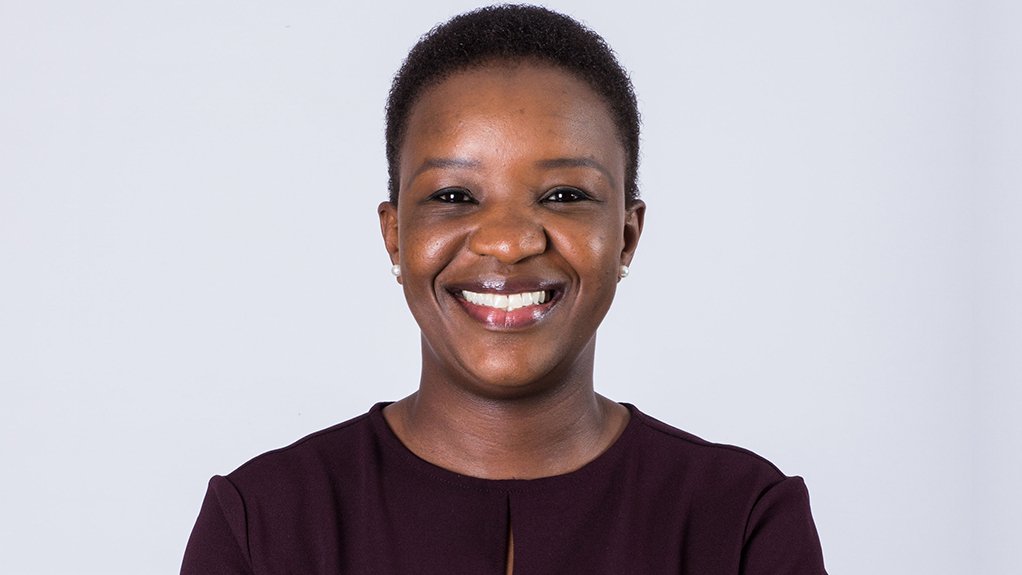State-owned Eskom’s return to profitability for the first time in eight years, with a profit before tax of R23.9-billion for the 2025 financial year, offers some welcome positive news for the power utility and the broader economy, business organisation Business Leadership South Africa (BLSA) CEO Busi Mavuso highlights in her latest weekly newsletter.
The significant reduction in loadshedding this year has improved electricity supply reliability and boosted Eskom’s revenue owing to lower spending on diesel-based open-cycle gas turbines, she points out, adding that the utility’s turnaround was supported by over 350 private-sector experts mobilised by the National Electricity Crisis Committee.
“I was impressed that this was achieved not just from higher tariffs, but from a fundamental and significant improvement in the operations of the State-owned entity,” Mavuso posits.
She adds that profits were assisted by a favourable settlement with the South African Revenue Services over fuel levy rebates, which accounted for half the total.
Overall, Eskom managed to grow its revenue by 15%, while reducing the cost of primary energy by 14%, Mavuso states.
However, despite these gains, challenges remain, including a municipal debt increase of 27% to R94.6-billion, delayed clean audit opinions owing to compliance issues and targets for the energy availability factor (EAF) yet to be met, Mavuso cautions.
Eskom’s EAF, which improved from 54.6% in 2024 to 60.6%, was still behind the target of 65% for the year, she explains.
“Next year, the target is 70%; so much more effort is going to be required.”
Mavuso calls for systemic change to turn around the utility’s performance, encouraging a direct intervention in how municipalities manage their finances to enforce payment to Eskom, before revenues collected from electricity distribution are used for anything else.
She also advocates for improvements in collections at municipal level, which would require technical support.
“The other negative in the financial results is that Eskom’s auditors again had a qualified audit opinion on the financial statements. This is despite Eskom having set up an audit recovery programme after the 2024 audit resulted in a qualification. Clean audits are the minimum expectation that the public should have for the performance of State institutions,” Mavuso emphasises.
She calls for Eskom to continue to improve record keeping.
Mavuso also mentions that Eskom is aware that the double-digit tariff increases it has experienced over the last several years are unsustainable.
“It is taken as a given that it will see single-digit increases in future and must manage its costs accordingly. Its financials show that the amount it earns per kilowatt-hour is now more than double what it was six years ago.
“That cannot happen again. Indeed, a competitive market of the future must aim to push prices for consumers down,” she avers.
EMAIL THIS ARTICLE SAVE THIS ARTICLE ARTICLE ENQUIRY FEEDBACK
To subscribe email subscriptions@creamermedia.co.za or click here
To advertise email advertising@creamermedia.co.za or click here











